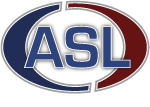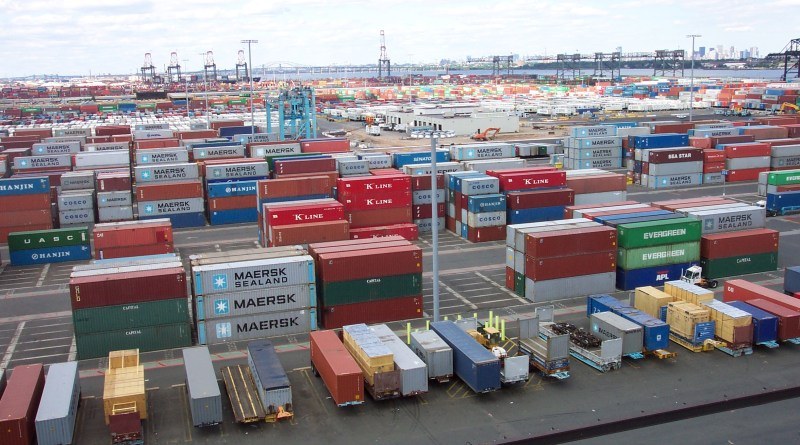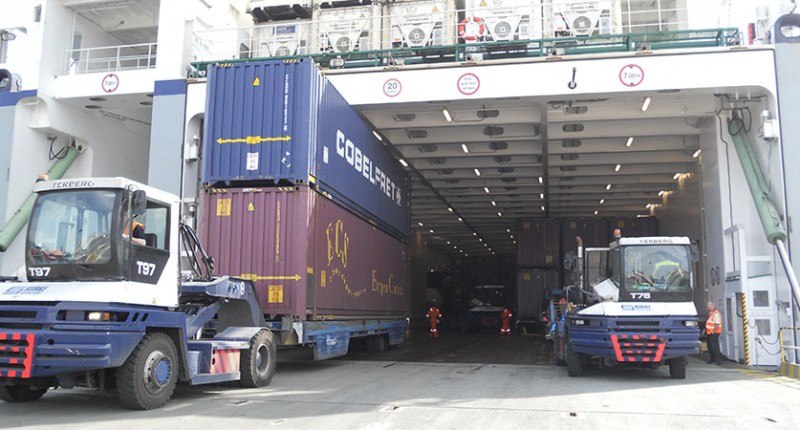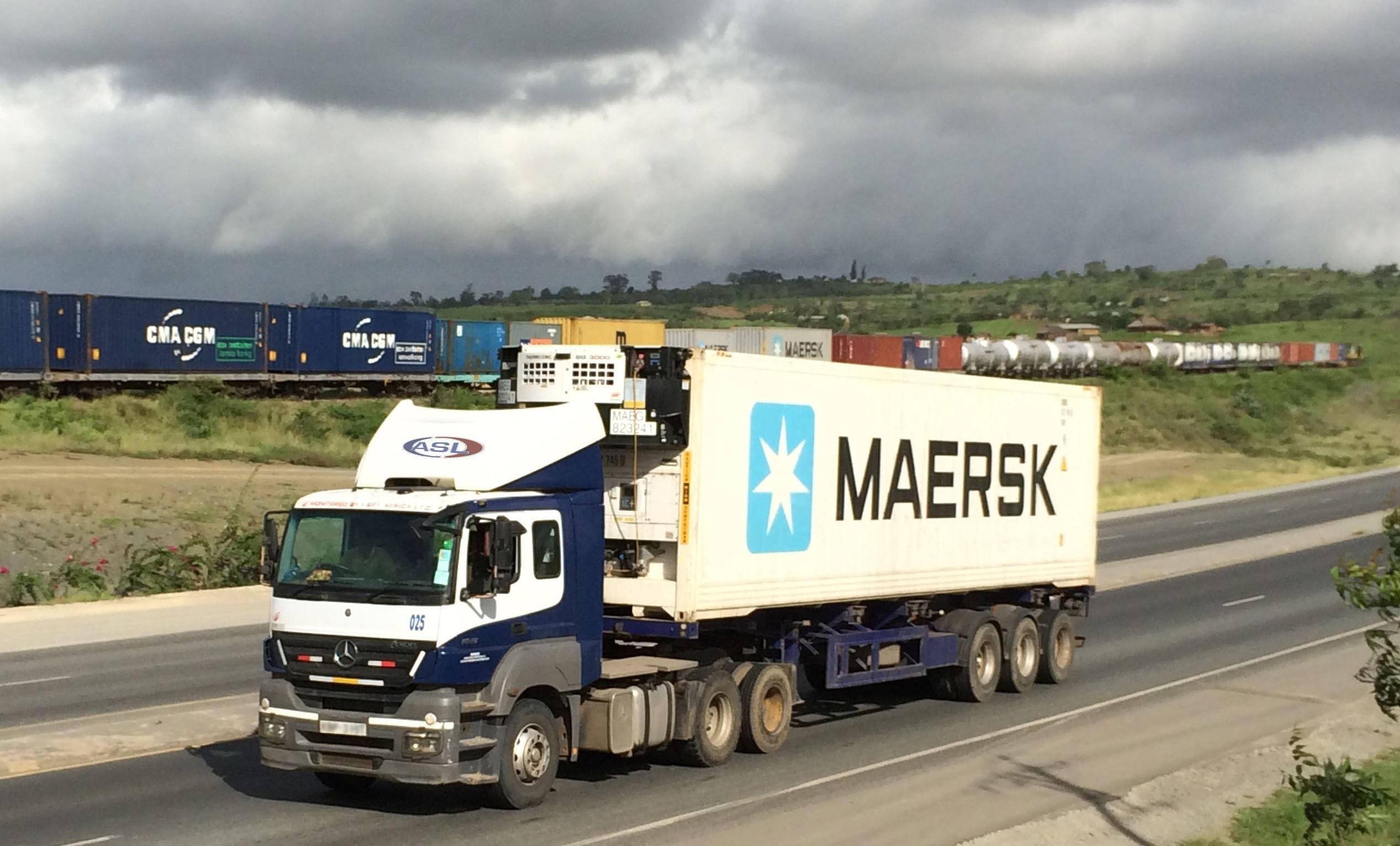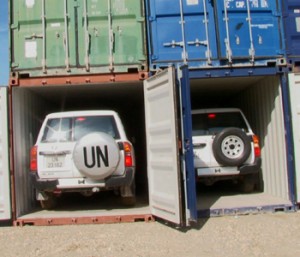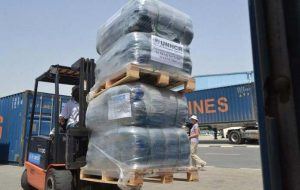By
sowmedia
|
Blog
BY INDIAN PRESS, MUMBAI | AUGUST 11, 2014
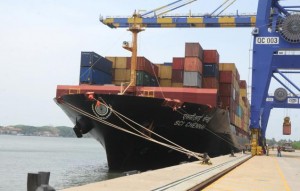 State run Shipping Corporation of India (SCI) is considering gradual reduction of its exposure to the loss-making international container service.
State run Shipping Corporation of India (SCI) is considering gradual reduction of its exposure to the loss-making international container service.
SCI, India’s biggest ocean carrier is losing money heavily from operating five container ships (it has a total fleet of 72 ships). The losses from this business have only added to the poor performance of its bulk carrier and tanker unit—the main profit centre of the company in the last two years. SCI, 63.75% owned by the government, is India’s only mainline container ship operator servicing the country’s export-import trade.
Though there has been a marginal improvement in rates compared to last year, they are still ruling at uneconomic levels, said a shipping company official. In the case of SCI, its operating expenses are higher than its global competitors. While the India line operates smaller vessels of 4,000-6,000 TEUs, global players like Maersk and MSC operate with 14,000-16,000 TEU ships.
While SCI wants to reduce its global liner operation, the company is keen on expanding its container services along the coast. It is also exploring the scope of deploying some of its larger vessels for coastal operations. The new Government is expected to come out with policy that will promote coastal shipping and SCI is likely to play a key role.
Strategically, it is not a wise move for SCI to exit the international container service entirely, said a former official of the company. For the national carrier, its presence in the container trade is important. Instead, the company should be rationalising its service to make it economically viable, he said.
The company’s container carrying unit has posted operational losses in four of the last five years with accumulated losses running up to Rs.728.11 crore.
So far, the container shipping business was subsidized by revenue from dry bulk carriers and tankers. But with the dry bulk and tanker unit also posting operational losses since financial year 2013, the future of the container business has come under a cloud.
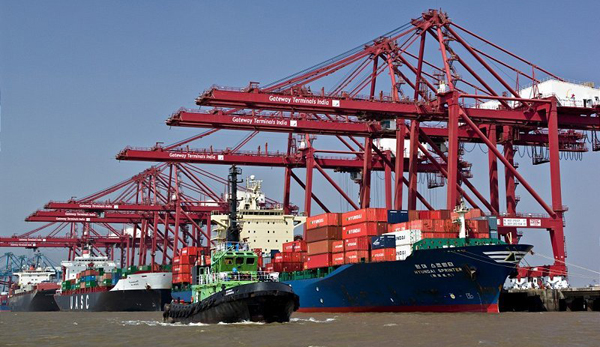
SCI reported overall losses in financial years 2012, 2013 and 2014—Rs.428.2 crore, Rs.114.3 crore and Rs.275 crore, respectively.
According to the guidelines of the department of public enterprises for government-owned companies, a company will lose its so-called Navaratna status if it posts losses for three consecutive years. The government is yet to decide on the Navaratna status of SCI, a ministry spokesperson added; the tag gives greater financial autonomy to state-run companies.
The global shipping industry is yet to fully recover from the financial crisis of 2008. SCI’s local rival, Great Eastern Shipping Co. Ltd, though, has been reporting net profits during this period, one of the worst for the shipping industry in decades.
The contrast in operating performance is a reflection of the way in which the two companies are managed under different ownership structures—one state-owned and the other private, said a Mumbai-based shipping analyst.
“SCI is not able to respond quickly to market dynamics in a highly volatile industry such as shipping the way Great Eastern Shipping does. Its decision-making is often influenced by fear of government auditors,” the analyst said, asking not to be named.
“Something drastic, out-of-the-box, has to be done,” chairman and managing director Gupta told shipping agents at the company’s annual worldwide agents meet on 3 March in Mumbai, emphasizing that a situation of continuous and heavy losses at the container unit cannot be sustained any longer.
“Minor restructuring of services, sacrificing commission, renegotiating terminal charges, container freight station and inland container depot charges may not help.” SCI restructured some of its container shipping services two years ago, but with the industry plagued by overcapacity and container rates trending below operating costs, the restructuring plans have suffered.
The company’s shifting focus from the container business was reaffirmed when it cancelled orders for building three new container ships, two of them each with a capacity to load 6,500 standard containers. This was the firm’s first attempt at buying bigger container ships, in line with the industry trend of owning large carriers to achieve economies of scale.
Since April 2013, SCI has cancelled orders for building nine ships, including the three container ships, to preserve cash. SCI’s predicament mirrors that of at least another ocean carrier that halted its container services from 2012.
For door to door cargo logistics inquiries to Africa from India sub-continent, please call us today on +31104760241 or email us: info@africashippinglogistics.com. Visit our webpage for more information about our services: www.africashippinglogistics.com
 The South Sudan Customs Authority has introduced an Electronic Cargo Tracking Note (ECTN) for all shipments to South Sudan with effect from 1st April, 2019.
The South Sudan Customs Authority has introduced an Electronic Cargo Tracking Note (ECTN) for all shipments to South Sudan with effect from 1st April, 2019.
